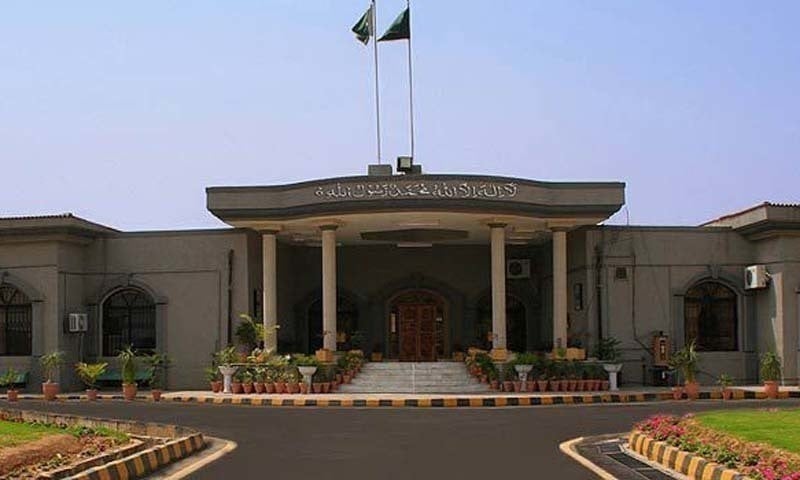The court’s ruling followed requests to annul Section 265 of the prison regulations, particularly after the PTI’s leadership faced hurdles in meeting with their incarcerated founder

News Desk
ISLAMABAD: In a significant ruling, the Islamabad High Court has overturned a ban on political discussions among prisoners, deeming it inconsistent with constitutional rights. Justice Sardar Ejaz Ishaq Khan issued the verdict in response to a petition by Sher Afzal Marwat, who argued that the absolute prohibition on political conversations infringes upon the constitutional freedoms of association and expression. This decision arrives amid growing concerns regarding restrictions on meetings between leaders of the Pakistan Tehreek-e-Insaf (PTI) party and its founder, Imran Khan, which were enforced under this jail rule.
The court’s ruling followed requests to annul Section 265 of the prison regulations, particularly after the PTI’s leadership faced hurdles in meeting with their incarcerated founder. Senate Opposition Leader Shibli Faraz spoke to reporters outside Adiala Jail, expressing frustration at the situation. Despite a court order allowing the meeting, he noted that the prison administration continued to deny access. “After six weeks of waiting to meet Imran Khan, if we can’t discuss politics with him, should we just tell him about the weather?” he remarked.
Faraz elaborated on the treatment of Imran Khan over the past few weeks, suggesting that the actions taken against him were designed to undermine his position. He underscored Khan’s resilience, stating that the PTI founder is enduring personal sacrifices for the benefit of the nation and its people. He highlighted the challenging circumstances surrounding Khan’s family, including the imprisonment of his wife for nine months and the detention of his sisters.
The senator also revealed that the jail administration demanded a written assurance that they would refrain from political discussions during their meeting. “Do we only report the weather to the PTI founder? We were told to give an undertaking, and we condemn the behavior of the jail administration. Such tactics will not lead to political stability,” he asserted. This ruling not only challenges the legality of restrictions imposed within the prison system but also raises broader questions about the treatment of political figures in custody and the implications for democratic processes in Pakistan.



